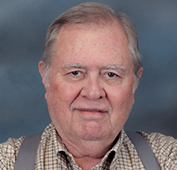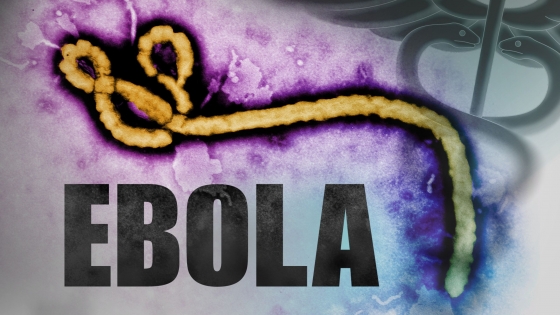The People Speak

The People Speak has evolved over the years with many great guests who have been interviewed by some very fine hosts.
We are a 55 minute show airing every other Sunday between 5-6pm Pacific/8-9pm Eastern. The show features a guest interview from any number of realms of interest (entertainment, science, philosophy, healing, spirituality, activism, politics, literature, etc.).
The guests share their stories, lives, strategies, books, philosophy, films, music, or whatever it is they use as a vehicle for making a difference for the better.
The radio show name, The People Speak, is based on the idea of allowing our audience - the People - a chance to interact with the guests during the hour, and we take phone or text questions from them during the interview.
Past guests include such notables as Nobel Peace Laureate Archbishop Desmond Tutu, the late Howard Zinn, Nobel Laureates Mairead Maguire, Shirin Ebadi, Kathryn Najimy, Oliver Stone, Jesse Ventura, Richard Belzer, Cynthia McKinney, Cindy Sheehan, Scott Horton, Joan Jett, Willie Nelson, George Galloway, Roseanne Barr, Ed Asner, Chevy Chase, as well as various reps from Amnesty International, UN World Food Programme, and many others.
Guest, CJ Peters MD

CLARENCE JAMES PETERS, JR. MD (born 23 September 1940, Midland, Texas), known as C. J. Peters, is a physician, field virologist and former U.S. Army colonel. He is noted for his efforts in trying to stem epidemics of exotic infectious diseases such as the Ebola virus, Hanta virus and Rift Valley fever (RVF). He is an eminent authority on the virology, pathogenesis and epidemiology of hemorrhagic fever viruses.
Peters grew up in Odessa, Texas. At Rice University, he initially majored in chemical engineering, but switched to chemistry his junior year after taking courses with Thomas Brackett. He obtained his medical degree at Johns Hopkins School of Medicine and served his residency in internal medicine at the University of Texas Southwestern Medical School. He developed an interest in tropical medicine and virology while serving five years as a research associate at the National Institute of Allergy and Infectious Disease intramural laboratory in Panama. Upon returning Stateside, he completed his fellowship in immunology at the Scripps Clinic and Research Foundation.
He entered active duty in the U.S. Army and from 1977 through 1992 held several positions at the U.S. Army Medical Research Institute of Infectious Diseases (USAMRIID), Fort Detrick, Maryland, where he worked on biodefense and hazardous virus research. His positions there ranged from research scientist and Medical Division chief to Disease Assessment Division chief. He led the team that controlled a 1989 Ebola introduction into a monkey facility in Reston,
Virginia (a story recounted in Richard Preston's best-selling 1994 book The Hot Zone). From 1992 to 2000 Peters was head of the Special Pathogens Branch at the Centers for Disease Control where he investigated hazardous emerging viruses. These included the agent causing the new disease hantavirus pulmonary syndrome in the southwestern US, which he discovered and named. He also led efforts in Africa (Ebola - planned and led CDC response to outbreak in Zaire 1995, Marburg, Lassa, Rift Valley fever), Asia (Nipah virus in Malaysia), and South America (Bolivian hemorrhagic fever, hantavirus pulmonary syndrome, Venezuelan equine encephalitis) to control outbreaks.
Since 2000, Peters has been the John Sealy Distinguished University Professor of Tropical and Emerging Virology at the University of Texas Medical Branch (UTMB) at Galveston, where he has an active research program in SARS, Rift Valley fever, and other human pathogens. He is a professor in the department of pathology and in the department of microbiology and immunology. He is a member of the World Health Organization Collaborating Center for Tropical Diseases. He is also director for biodefense at the UTMB Center for Biodefense and Emerging Infectious Diseases.
Peters has published more than 300 papers on research and control of viral diseases including more than 70 publications on Rift Valley fever virus and more than 60 publications on arena viruses. He has served on numerous committees dealing with disease problems worldwide and has been called back as a consultant to CDC and USAMRIID on influenza, vaccines, and other issues after his departure. He consulted with Taiwan on SARS control.










